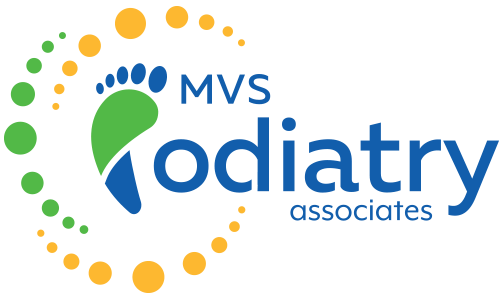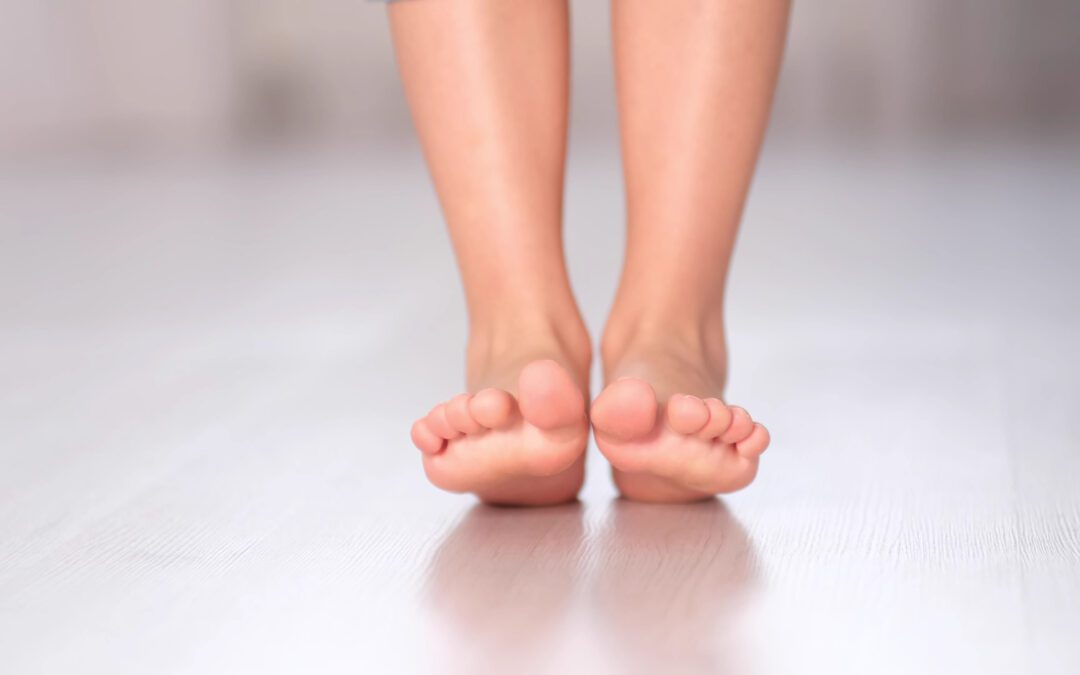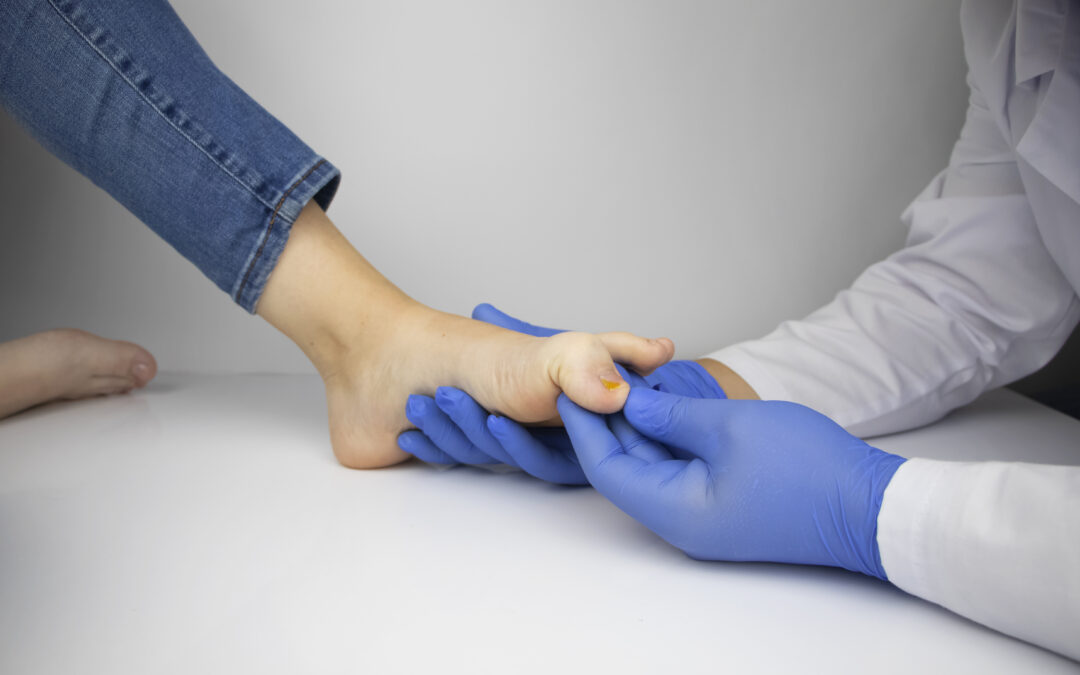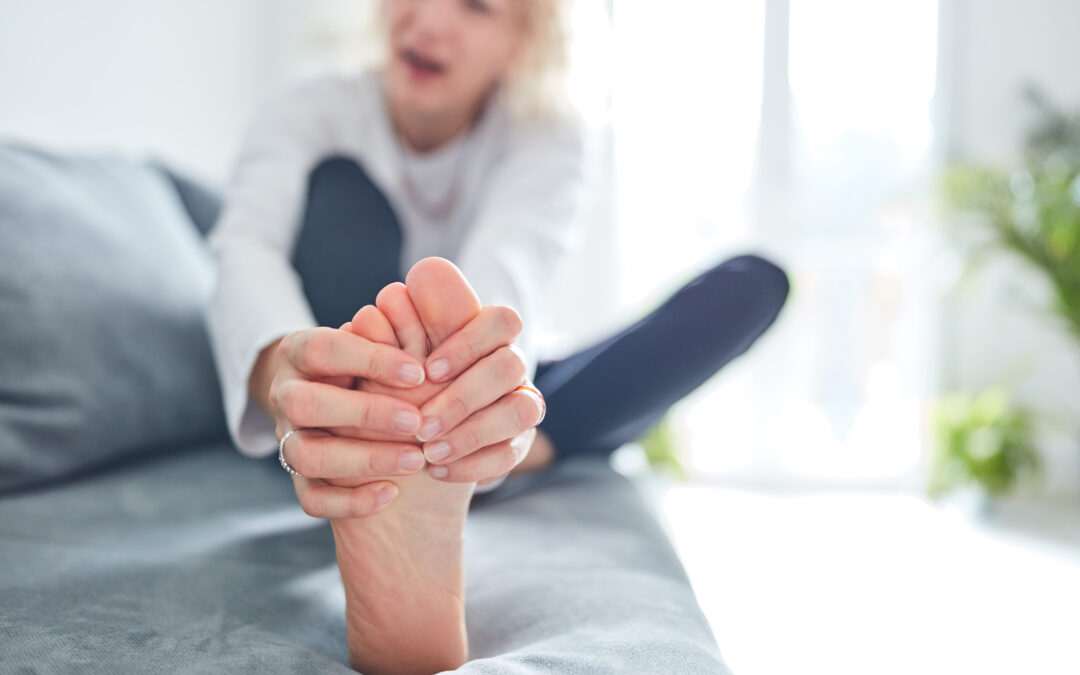Diabetes is widespread among the world’s population and is very harmful to people’s health in more than one way. If you are among them, and you get a burn or a cut on your foot, you might not be able to feel it, which will only lead to a worsening of the injury. If you aren’t already receiving regular care then you should seek diabetic foot care treatment from their local experts.
Proper foot care is especially important in diabetic patients, and here are 8 useful tips for you to keep your feet healthy on a daily basis.
1. Always wear socks
A special kind of socks are designed for diabetic patients and are available in the market. They have added cushioning and are made from such a fiber that prevents unwanted moisture. Such socks should be worn during the day as well as before going to sleep. However, ensure that the socks are regularly washed and dry before putting them on.
2. Clean your feet properly
You must also keep your feet clean by washing them daily to minimize germ build-up and odors. While bathing or cleaning, use lukewarm water instead of extremely cold or hot water. Be gentle while washing them and use a washcloth or a mild sponge. Do not rub aggressively to dry, instead lightly pat with a dry towel.
3. Moisturize regularly
Using a moisturizer to prevent your skin from cracking, but do not put moisturizer between your toes. It’s important to keep your skin healthy, but excess moisture in hidden areas can lead to complications. Also, you should never soak your feet or you’ll risk infection if the skin begins to break down, requiring immediate diabetic foot care treatment.
4. Never walk barefoot
This may seem obvious to some, but walking barefoot can do serious harm to your feet. If outside, you can easily get a cut from a rough surface and not even know about the wound. Even inside your house, the germs on the floor might cause infections which can be very difficult to deal with. It’s best to wear supportive shoes diabetic shoes.
5. Regularly trim your toenails
Cut your toenails just enough that they do not go beyond your toe. Do not cut in too deep as that might lead to the development of ingrown toenails. Cutting them straight and filing the edges should be done regularly. Cutting your own toenails is also possible but not recommended by podiatrist since you may easily cut yourself without knowing. It’s advisable to regularly see a podiatrist for routine nail care and other diabetic foot care treatment.
6. Inspect your feet
As your feet lack sensation, you should check daily for any sort of cuts, ulcers, blisters and so on. This way, you will be able to quickly identify any existing injury as well as prevent the potential ones. It is advised to do this daily on your own as well as regularly visiting your local podiatry office that provides diabetic foot treatment in Baltimore.
7. Choose the right footwear
Always focus on buying footwear that is comfortable rather than the ones which just look good. If you are not comfortable in your shoes, you might not feel it in the beginning, but gradually they might end up giving you shoe bites or cuts. Also, remember to regularly check your shoes before wearing as you might not be able to feel a pebble inside them that could easily irritate your foot.
8. Know when to visit a doctor
Ideally, you should visit a podiatrist on a regular basis if you have diabetes. But if you notice severe redness in your feet, any signs of injury or infection or even bleeding, you immediately consult with your doctor.
If you are a diabetic, we highly recommend getting foot inspections and diabetic foot care treatment in Baltimore, for the sake of your health and well being. Get in touch with your local podiatrist today.
If you need to see one of our podiatrists in Baltimore and the surrounding area or have any questions about the diabetic side effects described above, check out our Podiatry Associates locations and find a podiatrist near you. Feel free to call our scheduling office to discuss your specific situation: (833) 500-FEET.
Podiatry Associates of Bel Air
The best podiatrists in Bel Air, MD.
1 N Main St.
Bel Air, MD 21014
Phone: 410-879-1212
Podiatry Associates of Columbia
The best podiatrists in Columbia, MD.
5500 Knoll N Dr #440
Columbia, MD 21045
Phone: 410-730-0970
Podiatry Associates of Baltimore (Franklin Square)
The best podiatrists in Baltimore, MD.
9105 Franklin Square Dr #206
Baltimore, MD 21237
Phone: 410-574-3900
Podiatry Associates of Towson (GBMC)
The best podiatrists in Towson, MD.
6569 N Charles St # 702
Towson, MD 21204
Phone: 410-828-5420
Note: GBMC Physicians Pavilion West
Podiatry Associates of Baltimore (Medstar Good Samaritan Hospital)
The best podiatrists in, MD.
5601 Loch Raven Blvd # 400
Baltimore, MD 21239
Phone: 410-433-2500
Podiatry Associates of Perry Hall
The best podiatrists in Baltimore, MD.
9712 Belair Rd # Ll3
Baltimore, MD 21236
Phone: 410-256-6060
Podiatry Associates of Baltimore (UMD Midtown)
The best podiatrists in Baltimore, MD.
827 Linden Ave
Baltimore, MD 21201
Phone: 410-462-5420
Podiatry Associates of Havre De Grace
The best podiatrists in Havre De Grace, MD.
1500 Blenheim, Farm Ln Suite C
Havre De Grace, MD 21078
Phone: 410-939-0055
Time to See a Podiatrist?
If you have any of the issues described above, it’s time to consult an expert. Connect with Podiatry Associates for an evaluation. All of our doctors are board certified/qualified and we’re dedicated to preserving your foot health.
Other Related Articles:
- The Key Role of a Podiatrist in Diabetic Foot Care
- 9 Healthy Tips for Diabetic Foot Care
- What is Diabetic Foot Pain?
- What Diabetic Foot Care Treatments Are Best Left to Your Podiatrist?
- Can a Podiatrist Perform Surgery? What Types?
- When to See A Podiatrist
- Everything You Need to Know About a Podiatrist
- 11 Things Every Patient Should Know About Foot Surgery





